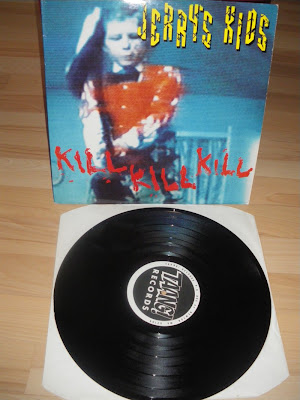As heard in social media Hearing the Radio-Canada, in recent days, news reports covering the revolt in Libya to tell what is happening there by reading Tweets Arabic we feel that the information ecosystem heals well grafting of new on old media.
 I see further confirmation that the ecosystem is functional with new, head, media that attempt to harness the flow of social media. (Read my series of 3 articles on the subject)
I see further confirmation that the ecosystem is functional with new, head, media that attempt to harness the flow of social media. (Read my series of 3 articles on the subject)
There obviously remains some to criticize the content found on these social networks as futile or worse, the d & # 233; SINFORM.
In fact, they regret that the Internet is not "published a priori, so that only quality flows. Wherever their eyes Expert info are worn, they see no quality.
Part of the discomfort (of "narcissistic injury") is that they consider themselves As experts in the news, gold, their status depended on much of the monopoly of the news that they had any exclusive expertise. This exclusivity has been pleased them. Duly noted. If
still see some quality in the new social media is that they still think a centralized publishing e and a priori, yet the system is reversed. For better or worse, this is not the center but the periphery that sorting and subsequent calls.
The critical thinking is decentralized and reporting of the facts is the same. (See my post on Publish now sort later )
In the absence of journalists in Libya collapsing, it is possible for some time, with the pr & # 233; necessary deposits, the flow sort of cries from the river of blood. Some tears do not lie.
Image via Laurent Vermot-Gauchy
At also read Zero Second
information ecosystem (third): Surge Twitter
information ecosystem (2 / 3): P2P news
information ecosystem (3 / 3): Information broker
140 small strokes in the temple of the IR ; dias


 This should be 90/91 and I know Jerry's Kids name, I had to listen to that radio once or twice and I found this LP in a shop ephemeral in Barcelona. For the record I also passes beside full of good stuff I grabbed that day, I still bite roubignoles. More metal''that''Is this my world, this album on Taang emerged in 1989 after the reformation of the group in 1985. Have a look at the wiki
This should be 90/91 and I know Jerry's Kids name, I had to listen to that radio once or twice and I found this LP in a shop ephemeral in Barcelona. For the record I also passes beside full of good stuff I grabbed that day, I still bite roubignoles. More metal''that''Is this my world, this album on Taang emerged in 1989 after the reformation of the group in 1985. Have a look at the wiki 
 deserves listen but this one is my favorite. I remember a topic on a forum that was like:''What drives you advise someone who never listen to hardcore,''no doubt that I will include it in the list.
deserves listen but this one is my favorite. I remember a topic on a forum that was like:''What drives you advise someone who never listen to hardcore,''no doubt that I will include it in the list. 


 I see further confirmation that the ecosystem is functional with new, head, media that attempt to harness the flow of social media. (Read my series of
I see further confirmation that the ecosystem is functional with new, head, media that attempt to harness the flow of social media. (Read my series of 




